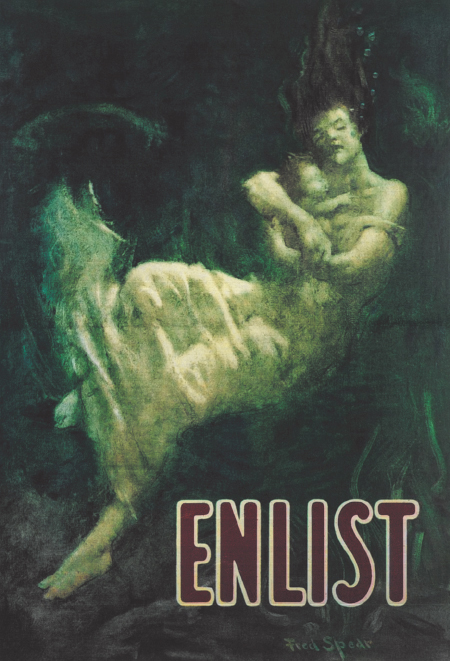What was Woodrow Wilson’s foreign policy agenda?
Printed Page 646

SHORTLY AFTER WINNING election to the presidency in 1912, Woodrow Wilson confided to a friend: “It would be an irony of fate if my administration had to deal with foreign affairs.” Indeed, Wilson had focused his life and career on domestic concerns, and in his campaign for the presidency hardly mentioned the world abroad.
Wilson, however, could not avoid the world and the rising tide of militarism, nationalism, and violence that beat against American shores. Economic interests compelled the nation outward. Moreover, Wilson was drawn abroad by his own progressive political principles. He believed that the United States had a moral duty to champion national self-determination, peaceful free trade, and political democracy. “We have no selfish ends to serve,” he proclaimed. “We desire no conquest, no dominion. … We are but one of the champions of the rights of mankind.” Yet as president, Wilson was as ready as any American president to apply military solutions to problems of foreign policy. This readiness led Wilson and the United States into military conflict in Mexico and then in Europe.
CHRONOLOGY
1914
- – U.S. Marines occupy Veracruz, Mexico.
- – Archduke Franz Ferdinand is assassinated.
- – Austria-Hungary declares war on Serbia.
- – Germany attacks Russia and France.
- – Great Britain declares war on Germany.
1915
- – German U-boat sinks the Lusitania.
1916
- – Pancho Villa attacks Americans in Mexico and New Mexico.
- – Wilson is reelected.
1917
- – Zimmermann telegram is intercepted.
- – United States declares war on Germany.
CHAPTER LOCATOR
What was Woodrow Wilson’s foreign policy agenda?
What role did the United States play in World War I?
What impact did the war have on the home front?
What part did Woodrow Wilson play at the Paris peace conference?
Why was America’s transition from war to peace so turbulent?
Conclusion: What was the domestic cost of foreign victory?
 LearningCurve
LearningCurve
Check what you know.